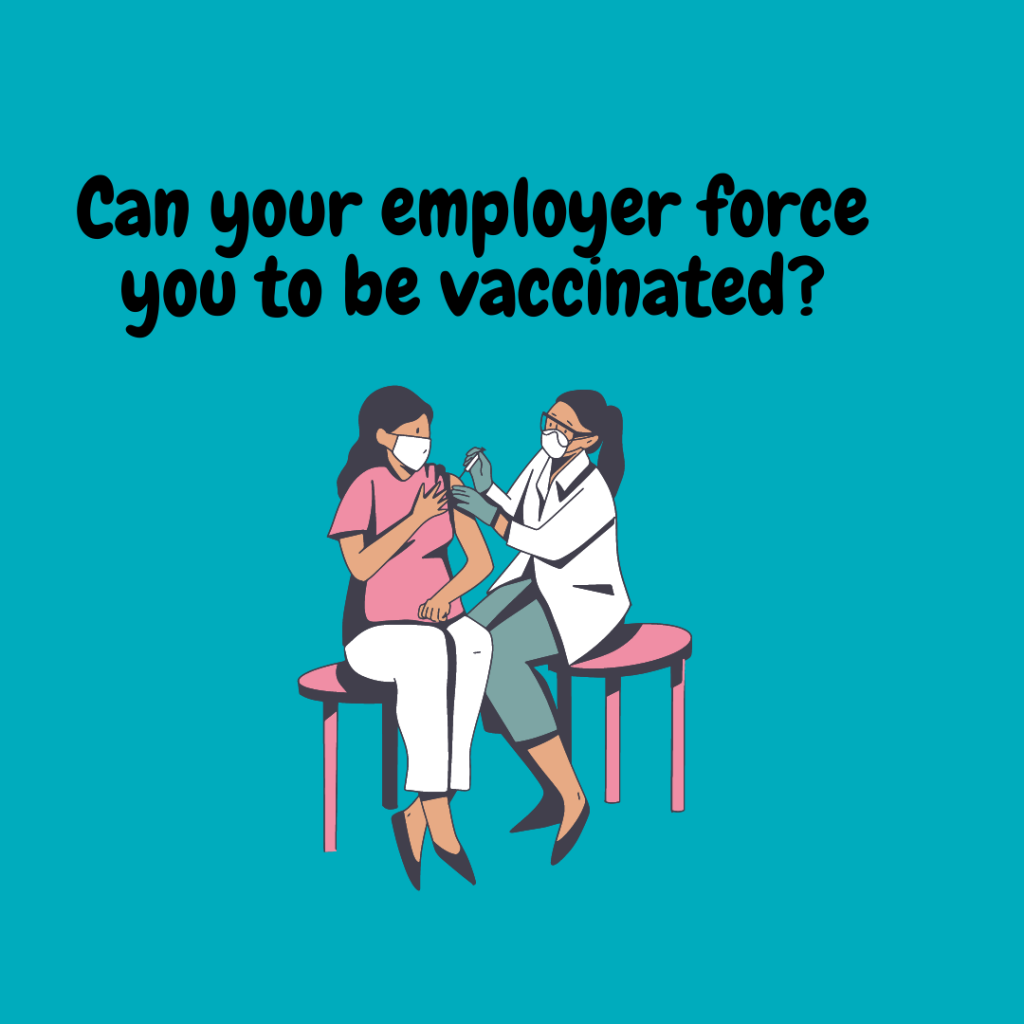
SEXUALLY HARASSED AT WORK
The Liberal party were recently rocked by allegations of sexual assault. The party has responded by announcing a national code of conduct be put in place over claims of poor cultural issues plaguing the party. So how widespread is the problem of sexual harassment at work and what can you do when you are sexually harassed at work? Carly appeared on Sky News to discuss these questions and more.
How widespread is the problem?
Last year the Australian Human Rights Commission released the largest survey into sexual harassment at work in Australia. The key findings are disturbing:
- 72% of Australians have been sexually harassed at some point in their lives
- In the last 12 months, ⅕ women have been sexually harassed at work
- In the last five years, 39% of women have experienced sexual harassment at work
- People aged 18-29 are more likely experience sexual harassment
- ⅕ 15-17 year olds have been sexually harassed at work
- In the last 5 years, 81% of employees in the information, media and telecommunications industry have been sexually harassed at work
- 40% of cases were witnessed by someone but in the majority of cases the witness did not intervene
- Only 17% of people who experienced sexual harassment at work complained
- Almost ⅕ people who did make a complaint were labelled a troublemaker, were ostracised, victimised or ignored by colleagues or resigned.
Are the current laws strong enough to protect workers?
In May this year, the case of Hill v Hughes [2019] FCCA 1267 was handed down. Judge Vasta slammed the principal of a legal practice for his repeated, unwanted conduct of a sexual nature towards a vulnerable worker and ordered the highest award for aggravated damages in a sexual harassment case ($50,000) with $120,000 in general damages for hurt, distress and humiliation.
In that case, His Honour said: “It is a mark of a bygone era where women, by their mere presence, were responsible for the reprehensible behaviour of men. The Sex Discrimination Act was enacted to help eliminate this sort of thinking”.
While the law protects victims there are time limitations (6-12 months) that should be removed and civil penalties should apply for breach. The main problem however is not the law but the system for enforcement. Currently, a victim of sexual harassment has to commence a claim before either the state or federal tribunal/commission, have the matter conciliated which can take 6 months plus and then, if the matter remains unresolved, commence a claim before the Court which can take 12-18 months to be heard.
What should an employee do if they experience sexual harassment or assault at work?
- If you have been sexually assaulted you should immediately contact the police and see your treating doctor.
- If you have been sexually harassed you should make it clear to the perpetrator that the conduct is not welcome.
- You should make a note of each incident of sexual harassment whether in your phone or in a diary. Notes taken immediately after an event are strong evidence in your favour which is incredibly important where cases come down to credibility.
- Talk to your family and friends about it.
- Make an internal complaint.
- If the internal complaint does not resolve it for you, you can make an external complaint.
Remember we are here to help, if you need to speak to someone about sexual harassment at work you can call us on 1800 RES 123 or contact us through our website.




